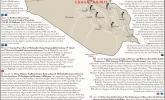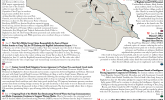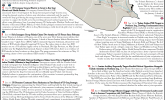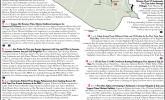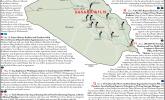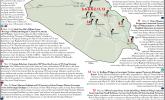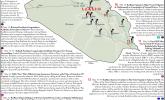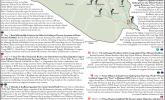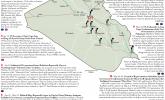Iraq Situation Report: July 1-7, 2020
July 10, 2020 - ISW Press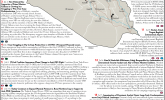
Kata’ib Hezbollah (KH), a key Iranian proxy militia and US-designated terrorist group, is retaliating against Prime Minister Mustafa al-Kadhimi for launching a coordinated campaign to retake segments of the Iraqi state from entrenched political and militia corruption. KH, more than any other militia, is sending a series of violent messages to Kadhimi to force him to abandon his campaign. Masked gunmen, likely KH members, assassinated a prominent Iraqi analyst and ally to both the Kadhimi government and the US-led Coalition. The brazen assassination is the latest in a series of steps by KH against Kadhimi, including storming the Green Zone to compel the release of detained KH militants on June 26 and likely conducting the latest spate of rocket attacks on US facilities in Baghdad. The United States deployed a counter-rocket artillery and mortar (C-RAM) system to defend the US Embassy in Baghdad against rocket attacks, but KH interpreted the deployment of the system as a provocation and extension of Kadhimi’s campaign.


